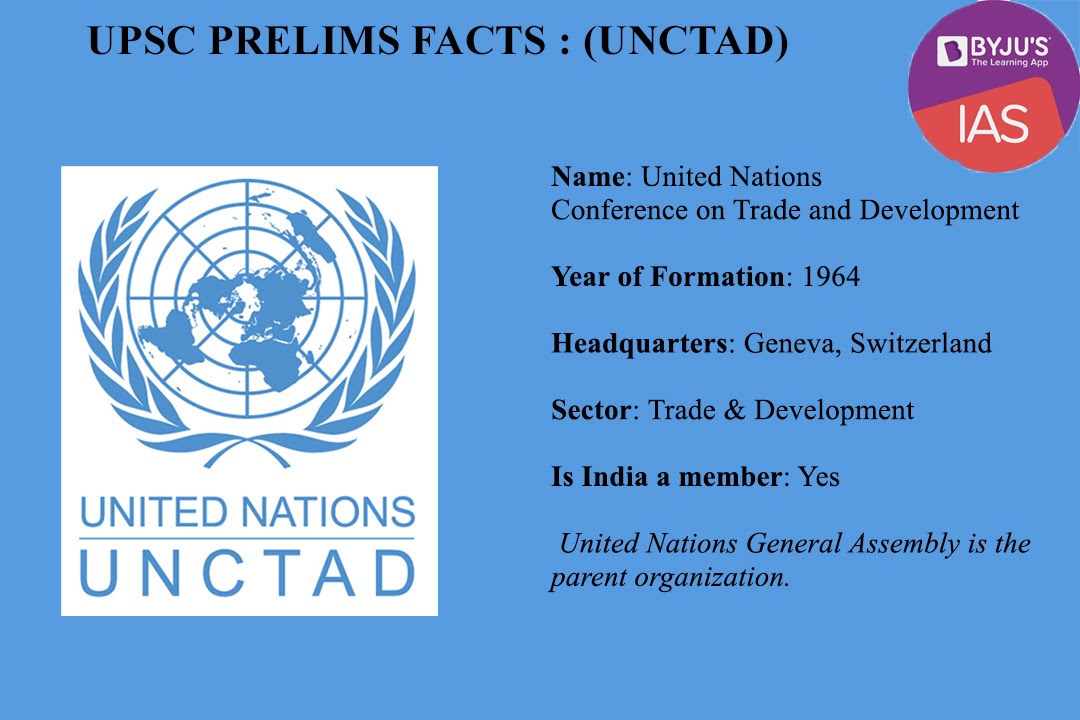The United Nations Conference on Trade and Development (UNCTAD) stands as a lighthouse in the tumultuous seas of global trade and development. Just as a lighthouse guides ships through dark and treacherous waters, UNCTAD seeks to illuminate the path towards equitable economic growth and sustainable development. This noble pursuit, however, is fraught with challenges that compel reflection, especially within a Christian framework that advocates for stewardship, compassion, and justice.
Established in 1964, UNCTAD’s primary mission is to promote the integration of developing countries into the global economy. At its core, the organization endeavors to create an inclusive economic landscape where the fruits of trade are equitably shared. This aspiration mirrors the Christian calling to nurture the less fortunate and prioritize the vulnerable in society. In this sense, UNCTAD’s goals can be paralleled with the parable of the Good Samaritan, where compassion breaks through barriers and prioritizes human dignity over profit margins.
One of the fundamental goals of UNCTAD is to facilitate trade and development in a manner that is environmentally sustainable, socially inclusive, and economically viable. The organization emphasizes the importance of sustainable development goals (SDGs), which resonate deeply with Christian teachings that advocate for the responsible stewardship of creation. Within Christian doctrine, the concept of stewardship extends to caring for the Earth and ensuring that future generations inherit a world that is healthy and prosperous.
Moreover, UNCTAD champions policies that mitigate the adverse effects of globalization on developing nations. As the world becomes increasingly interconnected, the disparities between affluent and impoverished nations have grown ever more pronounced. The Christian perspective calls for a recognition of the interconnectedness of humanity, underscoring the idea that “we are our brother’s keeper.” UNCTAD endeavors to address these disparities, advocating for fair trade practices that empower marginalized communities, thereby echoing the Christian imperative to love one’s neighbor.
Despite the lofty aims set forth by UNCTAD, significant challenges loom on the horizon. One prominent obstacle is the rampant protectionism that has resurfaced in various forms across the globe. Nations retreating into isolationist policies resist the collaborative spirit that the gospel champions. This selective participation in trade can hinder the economic progress of developing countries, thus thwarting UNCTAD’s objectives. Christians believe in fostering unity among nations. The invitation to collaboration reinforces the Christian tenets of community and communion.
Furthermore, the digital divide presents a formidable barrier to global integration. The COVID-19 pandemic amplified existing inequities, showcasing how technology can be both a tool of progress and a source of exclusion. As nations scramble to digitize their economies, the undercurrents of inequality threaten to drown the voices of the marginalized. From a Christian perspective, this underscores a moral imperative to ensure that everyone has access to technology as a means of empowerment. A digital evangelism creates pathways for growth, yet care must be taken to avoid leaving the least of these behind.
Additionally, UNCTAD must navigate the treacherous waters of geopolitical tensions that inhibit multilateral cooperation. Ongoing conflicts and trade wars sow discord and fragment the international community. In such an environment, the spirit of reconciliation advocated by Christianity becomes even more relevant. The call to remember those who have been wronged and to seek peaceful resolutions echoes through the history of the Church. UNCTAD’s efforts to mediate disputes and encourage dialogue are thus aligned with the Christian ethos of peacemaking.
The role of financial assistance and investment in sustainable development emerges as another critical avenue for UNCTAD’s mission. Effective mobilization of resources is akin to planting seeds in fertile soil; the outcomes depend significantly on the conditions provided for growth. Christians are encouraged to engage actively in this process, invoking the theme of generational justice, ensuring that the investments made today offer bountiful returns for tomorrow’s inhabitants of the planet. This stewardship of resources harmonizes with UNCTAD’s ambitions and highlights the shared responsibility of humanity in contributing to the common good.
In addition to these challenges, the climate crisis looms large, complicating the pathway to sustainable economic development. The urgency with which UNCTAD addresses the intersection of trade and environmental sustainability resonates with the Christian doctrine of creation care. The charge to tend to the garden, as depicted in the Genesis narrative, is a call to ensure that economic progress does not come at the expense of the natural world. Thus, the mission of UNCTAD can be seen as a modern-day fulfillment of this biblical mandate.
Ultimately, the United Nations Conference on Trade and Development embodies a mission that transcends borders and ideologies. It seeks to forge pathways that uphold the dignity of humanity, promote ecological sustainability, and foster equitable trade practices. Within the Christian perspective, this mission aligns closely with the moral imperatives of compassion, stewardship, and justice. As advocates for a more equitable world, Christians are called to support and engage with efforts like those of UNCTAD, navigating the complexities of global trade while upholding the values that bind humanity in unity and purpose.
In tackling the multifaceted challenges of trade and development, UNCTAD illuminates the path toward a more just world, beckoning all to partake in the sacred endeavor of healing the economic wounds that often fracture the human experience. The call for solidarity, justice, and stewardship is not merely an economic discussion, but a resonant echo of a divine mandate that reverberates throughout history, compelling us to act for the common good.



